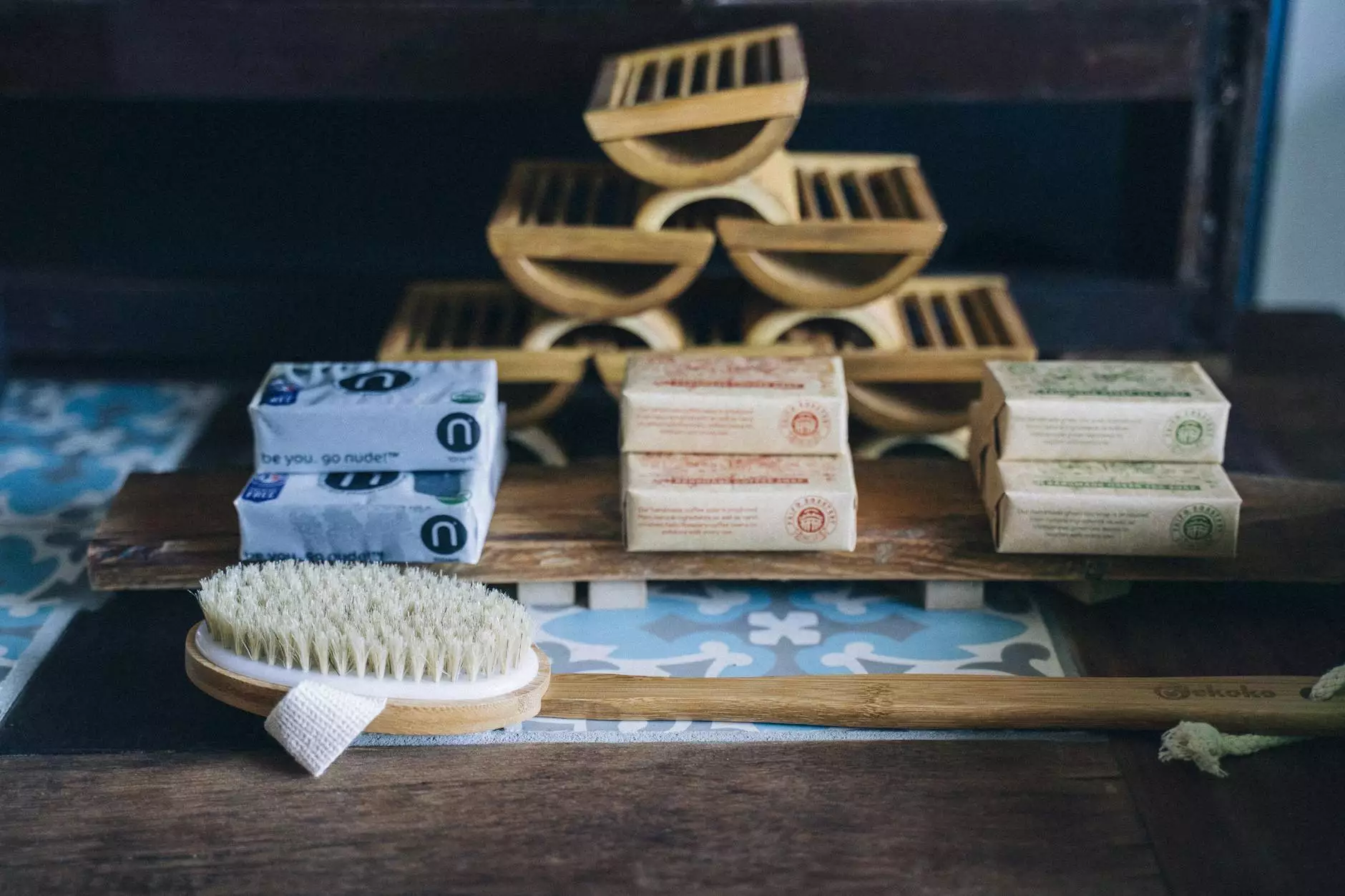Horse Nebulizers: Enhancing Equine Health with Precision

The world of equine healthcare is constantly evolving, and one of the most significant advancements in this domain is the use of horse nebulizers. These innovative devices are revolutionizing the treatment of respiratory issues in horses, ensuring they receive the best care possible. In this article, we will delve deep into the functionalities, benefits, and best practices related to horse nebulizers.
What Are Horse Nebulizers?
Horse nebulizers are specialized devices designed to deliver medications directly into a horse’s lungs through mist or aerosolized particles. They function by converting liquid medication into a fine mist that can be easily inhaled by the horse. This method of delivery not only improves the effectiveness of the medication but also aids in quicker recovery for the animal.
Why Choose a Horse Nebulizer?
Utilizing a nebulizer for treating respiratory conditions offers several notable advantages:
- Targeted Treatment: Nebulizers provide a direct pathway for medication delivery to the lungs. This is especially important for conditions such as heaves, pneumonia, and other respiratory ailments.
- Improved Drug Absorption: By inhaling medications, horses can absorb the drugs more effectively compared to traditional oral or injectable methods.
- Less Stressful for the Horse: Many horses tolerate nebulization better than injections or oral dosing, resulting in a more positive experience during treatment.
- Versatility: Nebulizers can be used with a variety of medications, including bronchodilators, corticosteroids, and antibiotics.
Components of Horse Nebulizers
Understanding the vital components of a horse nebulizer can aid in selecting the right device for your needs:
- Compressor: This is the heart of the nebulizer, generating the airflow necessary to aerosolize the medication.
- Medication Chamber: Holds the liquid medication to be converted into mist
- Mask or Mouthpiece: Designed for horses, ensuring that the aerosol is effectively inhaled. These can often vary in size and design based on the horse's comfort.
- Tubing: Connects the compressor to the medication chamber, allowing the flow of air.
How to Use a Horse Nebulizer Effectively
Using a nebulizer efficiently requires the right approach. Follow these steps for optimal results:
- Prepare the Medication: Measure the dosage as prescribed by your veterinarian and pour it into the medication chamber.
- Set Up the Device: Ensure all parts are securely connected, and the nebulizer is plugged in and functional.
- Position Your Horse: Place your horse in a calm, quiet area. Secure the masks comfortably but not too tightly.
- Start the Nebulizer: Turn on the machine and allow your horse to breathe in the mist. Monitor their comfort level and ensure they are inhaling properly.
- Duration: Sessions typically last between 10-20 minutes, depending on the medication and device used.
- Post-Treatment Care: After nebulization, check the horse’s vital signs and ensure they are settling well. Clean the nebulizer parts according to manufacturer instructions.
Identifying Respiratory Issues in Horses
Recognizing symptoms of respiratory problems in horses is crucial for early intervention. Some common signs include:
- Coughing: Frequent coughing can indicate irritation in the respiratory tract.
- Nasal Discharge: Unusual discharge from the nostrils may be a sign of infection or allergies.
- Difficulties Breathing: An increased respiratory rate or labored breathing is often a serious symptom.
- Excessive Sweating: Horses with respiratory distress may sweat excessively even with minimal exertion.
Choosing the Right Nebulizer for Your Horse
When selecting a nebulizer, consider the following factors to ensure you choose the best device:
- Type of Compressor: Some nebulizers are portable and can be battery-operated, while others require a power source.
- Medication Compatibility: Ensure the nebulizer you choose is compatible with the medications prescribed for your horse.
- Ease of Cleaning: Regular maintenance is essential for proper function. Opt for models that are easy to clean and maintain.
- Size and Weight: Depending on your targeting of the horse's age and size, the device should be light enough to transport easily, yet effective.
The Role of Horse Nebulizers in Preventive Care
Prevention is always better than cure. Nebulizers play a vital role in maintaining overall respiratory health by:
- Routine Monitoring: Regular nebulization can help detect any upcoming respiratory issues before they escalate into severe problems.
- Reducing Allergens: Frequent use of nebulizers can aid in clearing allergens and irritants from the respiratory tract, promoting better airways.
- Strengthening Lung Function: Nebulization therapy can potentially strengthen lung function through consistent treatment and medication.
Understanding the Science Behind Horse Nebulizers
The science of nebulization is fascinating. The effectiveness of a horse nebulizer hinges on the principles of aerodynamics and the formulation of medications:
When a liquid medication is aerosolized, it breaks down into tiny particles that can penetrate the deeper parts of the lungs. The size of the particles is crucial; ideally, aerosol particles should be between 1-5 micrometers to allow for optimal inhalation and absorption.
Common Misconceptions About Nebulizers
While nebulizers are highly beneficial, several misconceptions can alter perceptions:
- Only for Sick Horses: While they are often used for therapy, nebulizers can also be employed for preventive measures.
- Difficult to Use: Modern nebulizers are designed for user-friendliness, making them easy for owners to operate.
- All Nebulizers Are the Same: Different models serve different needs; understanding your horse's requirements is key to selecting the right nebulizer.
Incorporating Horse Nebulizers into Your Horse's Healthcare Routine
To fully benefit from the use of nebulizers, it's essential to integrate them into a holistic healthcare program, including:
- Regular Veterinary Check-ups: Schedule periodic evaluations to monitor your horse’s respiratory health.
- Nutritional Support: A balanced diet plays a critical role in bolstering the immune system.
- Exercise Regimen: Keep your horse actively exercised to promote overall lung function.
Final Thoughts on Horse Nebulizers
Investing in a horse nebulizer is an investment in your horse’s health and well-being. As a responsible horse owner, ensuring that your equine companion receives the best possible care is of utmost importance. By incorporating nebulization into your horse's treatment plan, you can provide effective relief for respiratory issues while enhancing their overall quality of life.
For more information on horse nebulizers and other equine pharmacy products, visit tacomavetmedication.com.
© 2023 Tacoma Vet Medication. All rights reserved.









